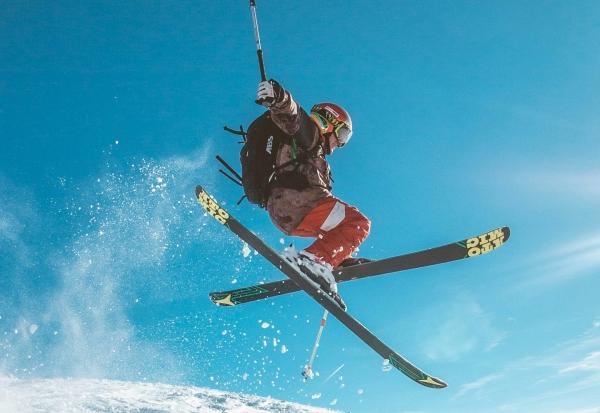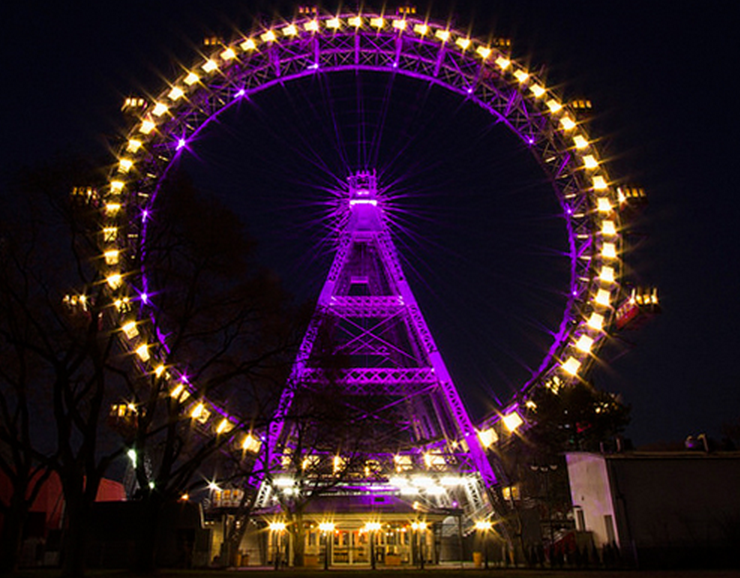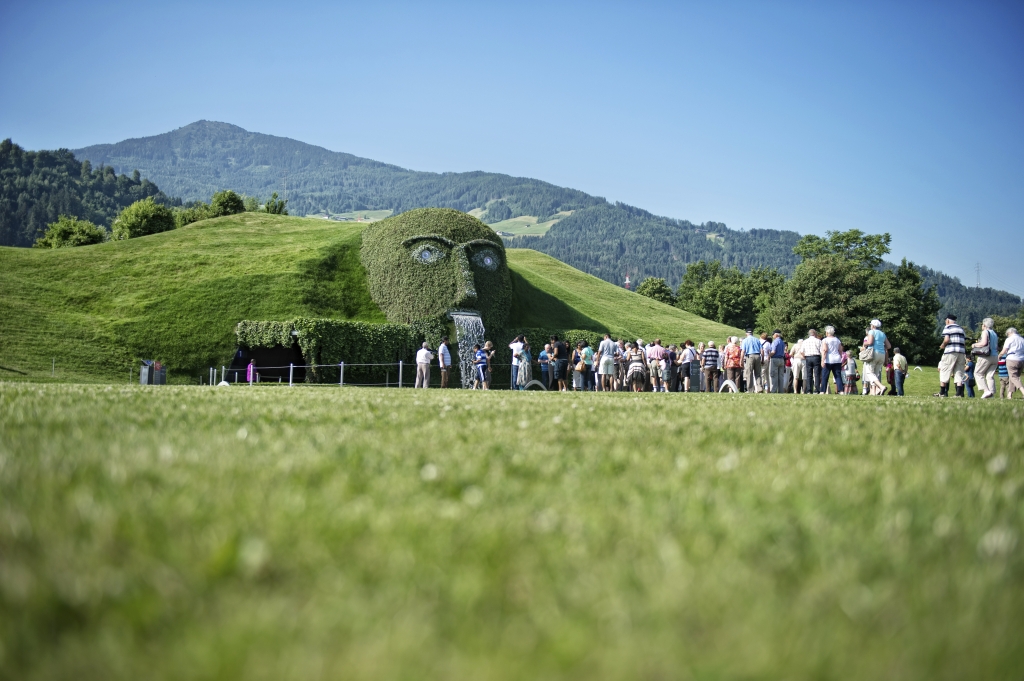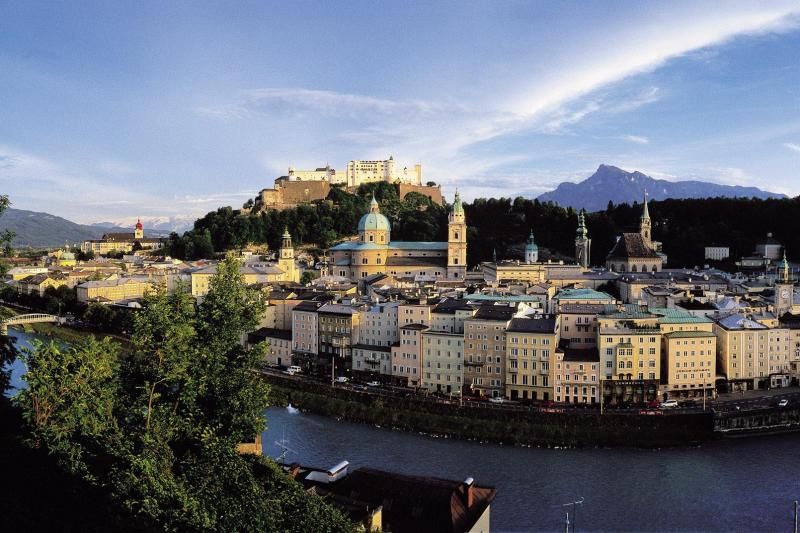Alpine Adventure: A Travel Guide from Munich to Innsbruck and the Slopes
This guide provides a comprehensive itinerary for a ski trip from Munich, Germany, to Innsbruck, Austria, and its surrounding ski areas. The route is designed for travelers seeking a blend of urban culture and world-class alpine skiing, all within a compact and accessible region.
Trip Overview
This journey covers approximately 5-7 days, starting and ending in Munich. The core of the trip is Innsbruck, the capital of the Tyrol region, which serves as a gateway to numerous ski resorts collectively known as the "Olympia SkiWorld Innsbruck." This guide details transportation, accommodation, skiing, and sightseeing options.
Duration: 5-7 days recommended.
Focus: Skiing, alpine culture, and city exploration.
Best Time to Visit: December to early April for skiing; summer for hiking.
Key Destinations: Munich (Germany), Innsbruck (Austria), and various ski resorts (e.g., Nordkette, Axamer Lizum, Stubai Glacier).
Stage 1: Munich to Innsbruck
Transportation
The journey from Munich to Innsbruck is straightforward, covering about 160 km (100 miles).
By Train: The most scenic and convenient option. Direct trains (Railjet) run from Munich Hauptbahnhof (main station) to Innsbruck Hauptbahnhof. The journey takes approximately 1 hour 45 minutes to 2 hours. Tickets can be purchased via Deutsche Bahn (DB) or Österreichische Bundesbahnen (ÖBB) websites. Fares start from around €20 if booked in advance.
By Car: Take the A8 motorway towards Salzburg, then switch to the A93/E45 towards Innsbruck. The drive takes about 2 hours, but consider potential border checks (though rare within Schengen) and winter tire requirements (mandatory in Austria during winter conditions). Parking in Innsbruck can be expensive and limited.
By Bus: FlixBus and other operators offer services from Munich ZOB (central bus station) to Innsbruck. The journey is slower (around 2.5-3 hours) but can be cheaper than the train.
Border Crossing
Germany and Austria are both part of the Schengen Area, meaning there are no routine passport controls. You may cross the border without stopping. Carry a valid ID or passport as random checks can occur.
Arrival in Innsbruck
Innsbruck Hauptbahnhof is centrally located. From here, you can easily reach hotels via tram, bus, or taxi. The city center (Altstadt) is a short walk or one tram stop away.
Stage 2: Innsbruck - The Imperial City in the Alps
Innsbruck, nestled in the Inn Valley and surrounded by towering peaks, is a city where imperial history meets alpine sports. It hosted the Winter Olympics in 1964 and 1976.
Accommodation
Luxury: Grand Hotel Europa, The Penz Hotel.
Mid-Range: Hotel Innsbruck, ADLERS Hotel.
Budget/Hostel: Jugendherberge Innsbruck (Hostel), Basic Hotel Innsbruck.
Recommendation: Stay near the Altstadt or the Hauptbahnhof for easy access to transport and sights.
Sightseeing in Innsbruck
Golden Roof (Goldenes Dachl): The city's most famous symbol, a late Gothic balcony with 2,657 fire-gilded copper tiles.
Imperial Palace (Hofburg): A magnificent Baroque palace that was the seat of Tyrolean sovereigns.
Hofkirche (Court Church): Houses the empty tomb of Emperor Maximilian I and 28 larger-than-life bronze statues.
Nordkette Cable Car: A must-do experience. From the Congress station in the city center, take the funicular and cable cars to the Hafelekar peak at 2,256 meters. Part of the "Olympia SkiWorld," it offers stunning views and skiing in winter, hiking in summer. The architecture of the stations is a modern marvel.
Bergisel Ski Jump: A modern architectural landmark with a panoramic platform and a restaurant. It's an active competition venue.
Swarovski Crystal Worlds (Wattens): A short bus ride from Innsbruck. A fantastical museum and park dedicated to crystal art.
Dining & Cuisine
Tyrolean cuisine is hearty and perfect after a day in the mountains.
Specialties: Tiroler Gröstl (a pan-fried dish of potatoes, bacon, and onion topped with a fried egg), Käsespätzle (cheese noodles), Schlutzkrapfen (ravioli-like pasta), and various dumplings.
Recommended Restaurants: Stiftskeller (traditional), Die Wilderin (modern Alpine, focus on local produce), Lichtblick (fine dining with views).
Cafés: Café-Konditorei Munding (oldest café in Tyrol), Café Sacher for the famous Sacher-Torte.
Practical Tip: Purchase the "Innsbruck Card." It offers free entry to most major attractions (museums, Hofburg, Alpine Zoo), free use of public transport, and includes one return trip on the Nordkette cable car. It's available for 24, 48, or 72 hours and can offer significant savings.
Stage 3: Innsbruck to the Ski Resorts
The "Olympia SkiWorld Innsbruck" comprises nine ski areas accessible with a single ski pass. You can stay in Innsbruck and ski a different area each day.
Ski Resort Options
| Resort Name |
Travel Time from Innsbruck |
Key Features |
Skiable Terrain |
Suitability |
| Nordkette |
20 mins (from Congress station) |
Steep & deep, freeride paradise, stunning city views. Access via Hungerburg funicular and cable cars. |
~15 km of slopes |
Experts, freeriders, sightseers. |
| Axamer Lizum |
30 mins by bus |
Olympic venue (1964), wide-open slopes, reliable snow. |
~40 km of slopes |
Intermediates, families. |
| Patscherkofel |
20 mins by tram/bus |
Olympic downhill run (Hahnenkamm), sunny slopes. |
~15 km of slopes |
Intermediates, experts (for the downhill run). |
| Stubai Glacier |
45 mins - 1 hour by bus |
Year-round skiing, high-altitude (up to 3,210m), guaranteed snow. |
~60 km of slopes |
All levels, especially good for early/late season. |
| Kühtai |
45 mins by bus/car |
Austria's highest ski village, wide-open terrain. |
~45 km of slopes |
Intermediates, freeriders. |
Ski Passes & Equipment Rental
Ski Pass: The "OlympiaWorld Ski Pass Plus" covers all 9 areas and free use of the ski buses. Multi-day passes offer the best value. Check for family discounts and afternoon passes.
Ski Bus: A free, efficient network of buses departs from Innsbruck's main stations (Busparkplatz Südtiroler Platz next to the train station) to all major resorts. Timetables are coordinated with ski lift operating hours.
Equipment Rental: Numerous shops in Innsbruck (e.g., Intersport Rent, Sportler) and at the base of the resorts. Pre-booking online is recommended during peak season for better rates and guaranteed availability.
Skiing Practical Tip: Always check the weather and avalanche forecast before heading out. Carry a fully charged phone. The Stubai Glacier's high altitude means it can be significantly colder and windier than in the valley – dress in layers. For non-skiers, many resorts offer scenic cable car rides, winter hiking trails, and sledding (e.g., the long rodelbahn at Mutterer Alm).



